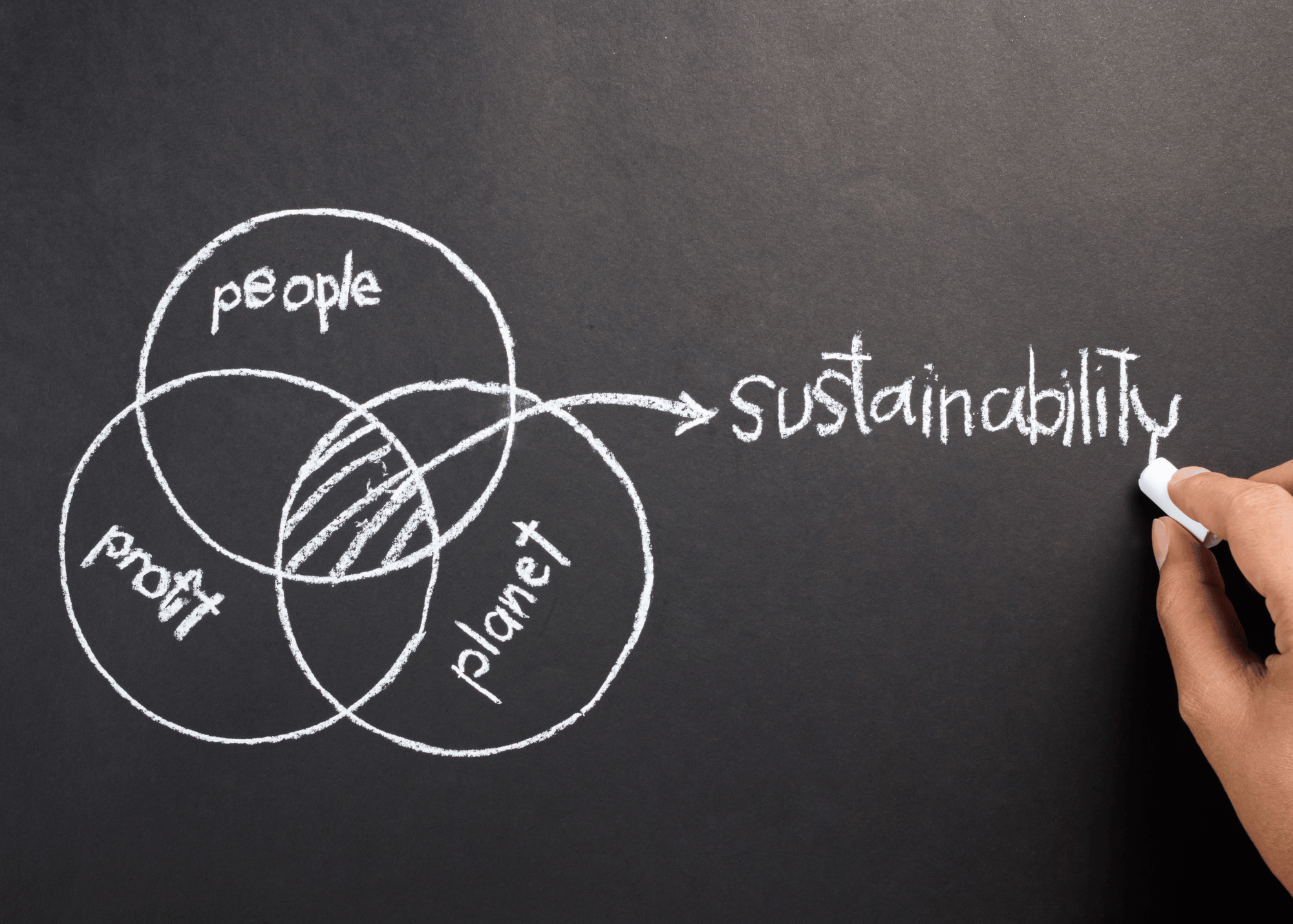The Rise of Sustainable Business Practices A New Era for Profits and Planet

In recent years, businesses across the globe have experienced a seismic shift in how they approach their operations, their impact on the environment, and the social and ethical responsibilities they bear. Sustainability is no longer just a buzzword or a passing trend—it has become a cornerstone of modern business strategy. This evolution is not only driven by consumer demand for ethical practices but also by a deeper understanding of the long-term benefits that sustainability can bring to profitability and brand loyalty. As we enter a new era, businesses are realizing that the road to success is one that balances economic growth with environmental stewardship and social well-being.
The Growing Importance of Sustainability in Business
The integration of sustainability into business models is increasingly seen as a strategic move that delivers both financial and reputational rewards. According to a 2023 survey by McKinsey & Company, over 70% of executives reported that their companies were committed to meeting sustainability goals, with many identifying it as essential for their future competitiveness. As consumer expectations continue to evolve, more businesses are embracing sustainable practices to align with public sentiment.
Several key factors are driving this shift toward sustainability:
- Consumer Demand: Today’s consumers are more conscientious than ever before, prioritizing brands that are transparent, ethical, and committed to making a positive impact on the planet. A study by Nielsen found that 66% of consumers are willing to pay more for products from companies that are dedicated to social or environmental causes. This demand for sustainability is particularly prevalent among younger generations, who expect companies to take responsibility for their environmental footprint.
- Regulatory Pressures: Governments and regulatory bodies around the world are introducing stricter laws aimed at combating climate change and promoting sustainability. The European Union’s Green Deal, for example, sets ambitious targets to reduce carbon emissions, which will require businesses to rethink their operations and adopt green technologies. Companies that fail to comply with these regulations could face penalties, damaging their reputation and bottom line.
- Investor Focus: Investors are increasingly considering environmental, social, and governance (ESG) factors when making investment decisions. Many institutional investors are shifting their portfolios to include companies that have strong sustainability practices. According to a 2023 report by Morningstar, sustainable investment funds saw inflows of $17 billion in the first half of the year alone. This growing interest from the investment community reflects the broader recognition that sustainability is not only good for the planet but also for long-term financial returns.
- Cost Efficiency: Contrary to the misconception that sustainability is an expensive initiative, adopting green business practices can actually lead to cost savings in the long run. Energy-efficient technologies, waste reduction strategies, and supply chain optimization can significantly reduce operational costs. For example, companies that invest in renewable energy sources like solar and wind power can lower their energy bills, while firms that minimize waste can cut disposal costs and improve their overall efficiency.
Key Areas Where Businesses are Focusing Their Sustainability Efforts
Businesses are approaching sustainability from various angles, implementing changes across different aspects of their operations. Some of the key areas where organizations are focusing their efforts include:
- Supply Chain Management: Companies are increasingly scrutinizing their supply chains to ensure that they are ethical and sustainable. This includes sourcing materials responsibly, reducing carbon emissions during transportation, and working with suppliers who uphold fair labor practices. In fact, a growing number of companies are adopting circular economy principles, which prioritize reducing waste and reusing materials to minimize their environmental impact.
- Product Design and Innovation: Many businesses are rethinking how they design and manufacture products. By prioritizing sustainability from the outset, companies can create products that are easier to recycle, use fewer resources, and have a smaller environmental footprint. Brands like Patagonia and Tesla are leading the way by designing products with longevity in mind, using recycled materials, and integrating eco-friendly technologies.
- Energy Efficiency and Carbon Footprint Reduction: The shift toward renewable energy is one of the most significant changes businesses are making. Large corporations like Google and Microsoft have pledged to run their operations on 100% renewable energy, while smaller companies are also looking to reduce their reliance on fossil fuels. Moreover, many businesses are working to reduce their carbon footprint by optimizing their buildings and factories for energy efficiency, using smarter lighting systems, and adopting electric vehicles for their transportation needs.
- Employee Engagement and Social Impact: Sustainability is not just about the environment; it also encompasses social and ethical considerations. Companies are increasingly focused on improving the welfare of their employees and the communities in which they operate. This includes offering fair wages, providing better working conditions, and investing in local communities. Social sustainability initiatives also focus on diversity, equity, and inclusion, ensuring that companies are not only good for the planet but also for people.
- Corporate Transparency and Reporting: As businesses commit to sustainability, they are also being held accountable by the public, investors, and regulators. Companies are now required to disclose their environmental impact, carbon emissions, and sustainability practices through comprehensive reports. Transparency in sustainability efforts is becoming a key factor in building trust with consumers and stakeholders.
The Future of Sustainable Business
Looking ahead, the future of business will undoubtedly be shaped by sustainability. In fact, some experts predict that in the coming years, sustainability will no longer be a differentiator between competitors; it will be the baseline expectation. As businesses continue to innovate and adapt to new technologies, sustainable practices will only become more embedded in their core operations.
The businesses that thrive will be those that manage to integrate sustainability with profitability, creating value not just for shareholders but also for society and the planet. For these companies, sustainability won’t just be a moral imperative; it will be a key driver of growth, innovation, and long-term success.
In conclusion, sustainability is rapidly transforming from a niche concern into a mainstream business strategy. As the business landscape continues to evolve, companies must embrace sustainable practices not only to meet consumer expectations and comply with regulations but also to position themselves for long-term success. With the right commitment, innovation, and transparency, businesses can thrive while making a positive impact on the world around them. The future of business is green, and it’s here to stay.


